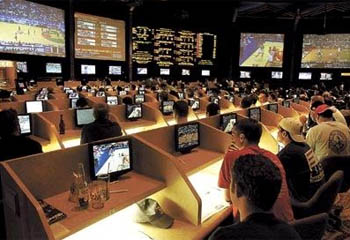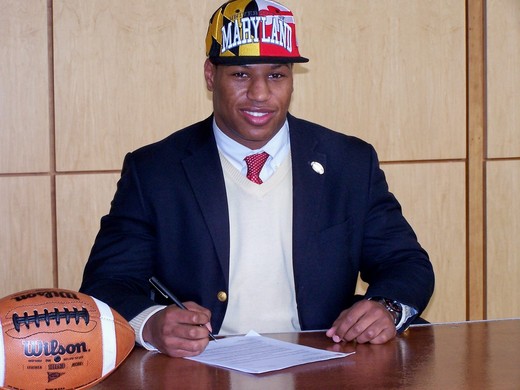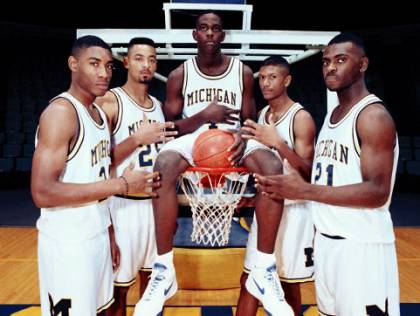As a student-athlete it’s your choice to become a team leader. Because you are a student, leadership is an educational decision. If you truly desire a leadership role, you’ll need to make a commitment to preparing for the many challenges that will emerge daily. Learning to lead is a physical, intellectual, emotional, and social endeavor that leads to growth and development in leadership knowledge, skills, and abilities. When you choose to become a team leader you will have chosen to achieve your highest aspirations and potential. Those athletes that accept the challenge and learn to become leaders will be rewarded in a variety of ways throughout their life.
Becoming a team leader does not mean paying lip service to the role and responsibilities of team leadership. Rather, leadership will require you to exhibit courage, display character, and make a commitment to contributing to your team in this “extra” role.
Think back over your experiences as a student-athlete. Ask which individuals truly delivered leadership that significantly impacted the team. In some cases you may have had exceptional team leaders, individuals you thought had a calling to lead. In others, you may have felt the team would have been better off without their leadership.
Most student-athletes choose not to become team leaders. They are unwilling to venture outside their comfort zone. These are the ones that say “I lead by example” and leave it at that. However, it will take a bold act of courage for you to engage with your teammates as a peer leader. The essence of team leadership is the act of making a difference. Choose to lead courageously and make a difference.




